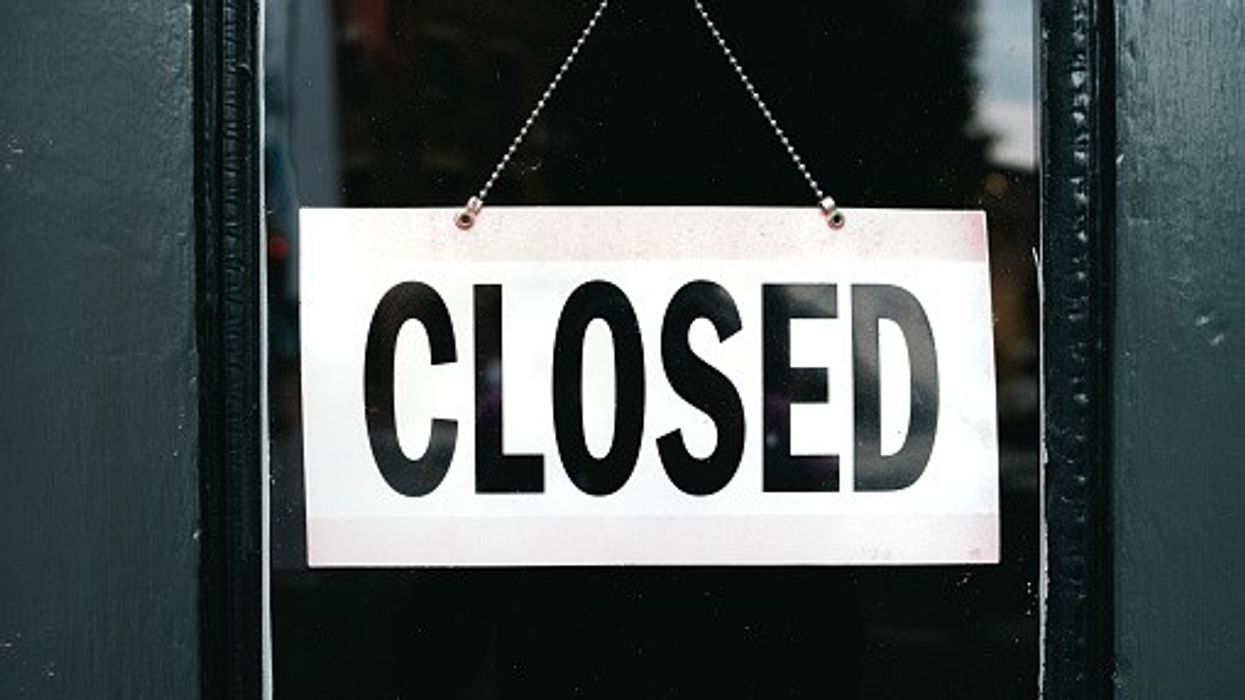Small independents owning between 1-5 pharmacies now have the largest market share at 49%
The number of community pharmacies in England continues to decline, with the latest data from NHS Business Services Authority (NHS BSA) showing 248 closures in 2024 alone. This averages nearly 5 closures per week over the year.
At the end of January 2025, there were 10,025 community pharmacies (excluding distance selling pharmacies) in England, a loss of 812 since beginning of 2021 when the total stood at 10,837.
Including distance selling pharmacies, the total number of pharmacies in England now stands at 10,436.
The data also highlights a significant shift in ownership structures, with small independents (owning between 1-5 pharmacies) now holding the largest market share at 49 per cent.
The number of small independents has gone up by more than 21 per cent increase from 4,024 in 2021 to 4,900 now.
Medium-sized groups (owning 6-99 pharmacies) have also grown by over 14 per cent to 1,823, representing 18 per cent of market share.
However, large pharmacy groups (owning 100+ pharmacies) have suffered a steep decline from 5,220 in 2021 to 3,302 in 2025—a loss of 1,918. They now hold a 33 per cent market share.
During a debate in the House of Lords on January 28, health minister Baroness Merron informed peers that the majority of recent pharmacy closures were “the result of large pharmacy chains optimising their portfolios.”
When questioned by Baroness Bakewell of Hardington Mandeville (Liberal Democrat) about the government's plans to prevent further closures, Baroness Merron confirmed that consultations with Community Pharmacy England (CPE) on funding arrangements had recommenced.
She reiterated the government’s commitment to working with CPE to agree “a package of funding that is reflective of the important support that they provide to patients.”
Rural areas facing the worst
The rising number of pharmacy closures is having a significant impact on rural and deprived areas.
A report published by the National Pharmacy Association (NPA) in September 2024 revealed that nearly nine in ten council areas across England had lost vital pharmacies.
The NPA warned that many rural areas could become "pharmacy deserts" if closures continue at the current rate, leaving patients to travel long distances for essential medication and healthcare advice.
The association has called on the government to reverse the 40 per cent real-terms cuts to community pharmacy budgets over the past decade.
These cuts are held responsible for the closure of more than 1,250 pharmacies over the past decade and forcing many remaining ones to reduce their operating hours.
Michael Holden, associate director, Pharmacy Complete has criticised the existing contractual framework, calling it "not fit for purpose" and demanding a complete overhaul.
He also highlighted the "unjust reimbursement system," which often forces pharmacies to dispense medicines at a loss, alongside supply chain challenges that consume significant time and resources.
“The dispensing of medicines is now a loss-leading service and fees for the Advanced Services do not reflect workload or value to patients and the NHS,” Holden added.
Funding negotiations begin
The Department of Health and Social Care (DHSC) has recommenced consultation with Community Pharmacy England (CPE) on the 2024/25 and 2025/26 funding contractual framework.
Janet Morrison, chief executive of CPE, has assured that proposals from the government will be carefully scrutinised to ensure they address the severity of the funding crisis facing the sector.
“Everyone in community pharmacy shares the Government’s ambition for a vibrant community pharmacy sector, playing a vital role in delivering long term health plans, but this can only be achieved if the sector is put on a sustainable financial footing,” Morrison stated.
All five primary care bodies, including CPE, have put forward five key demands to ensure a sustainable future for the sector. These include making primary care central to the NHS 10-year plan and allocating a greater share of NHS funding to the sector.













